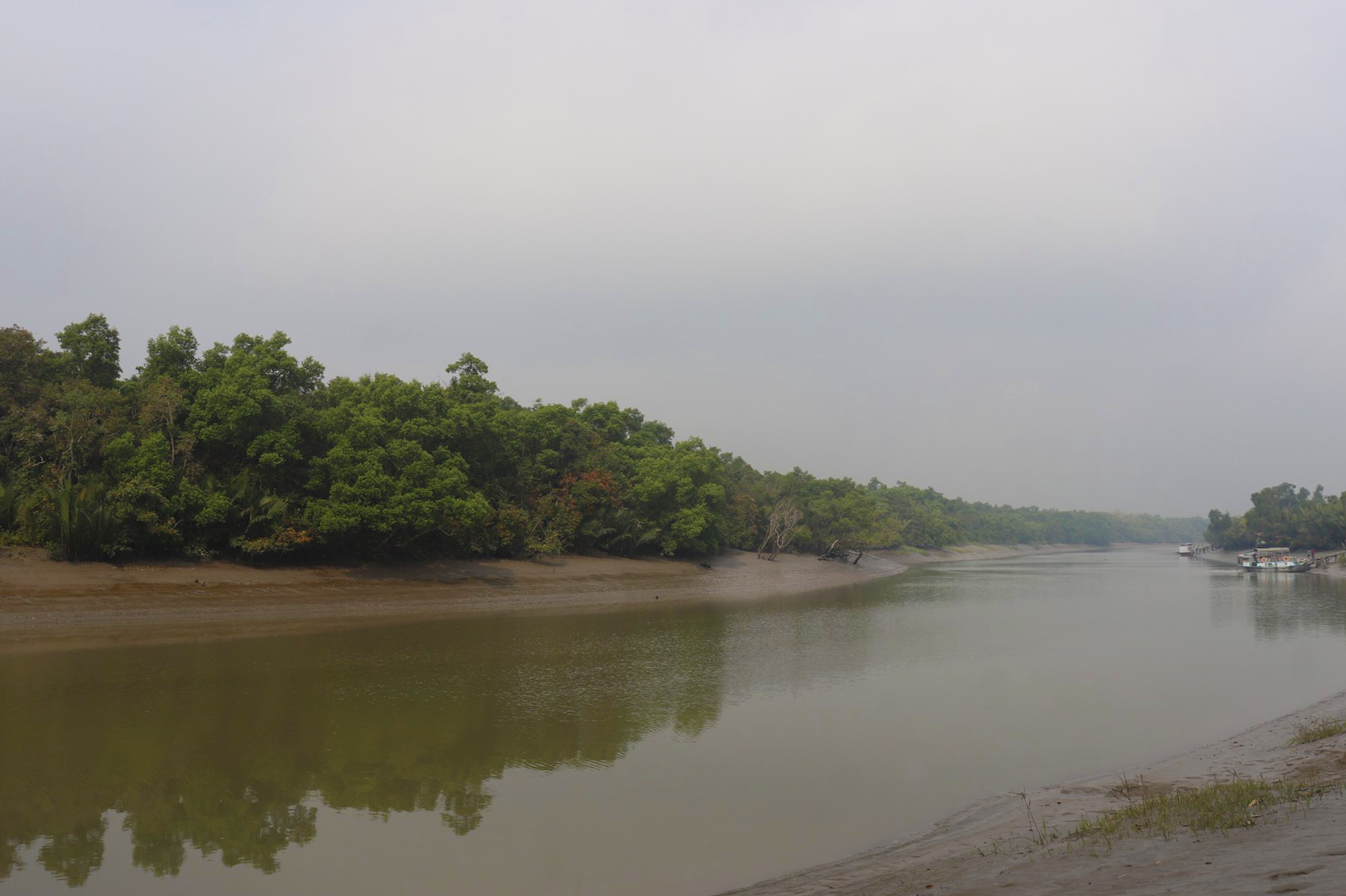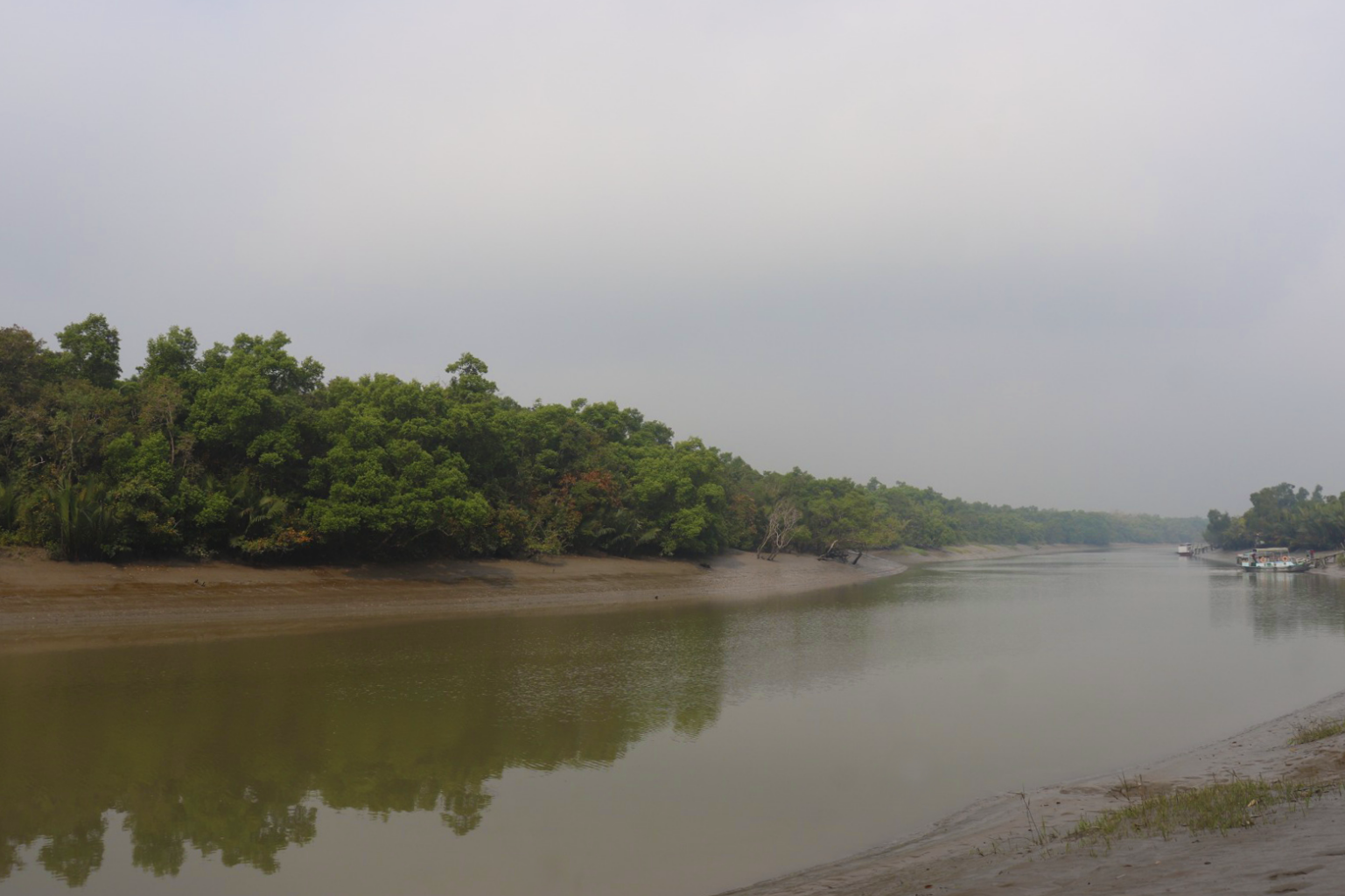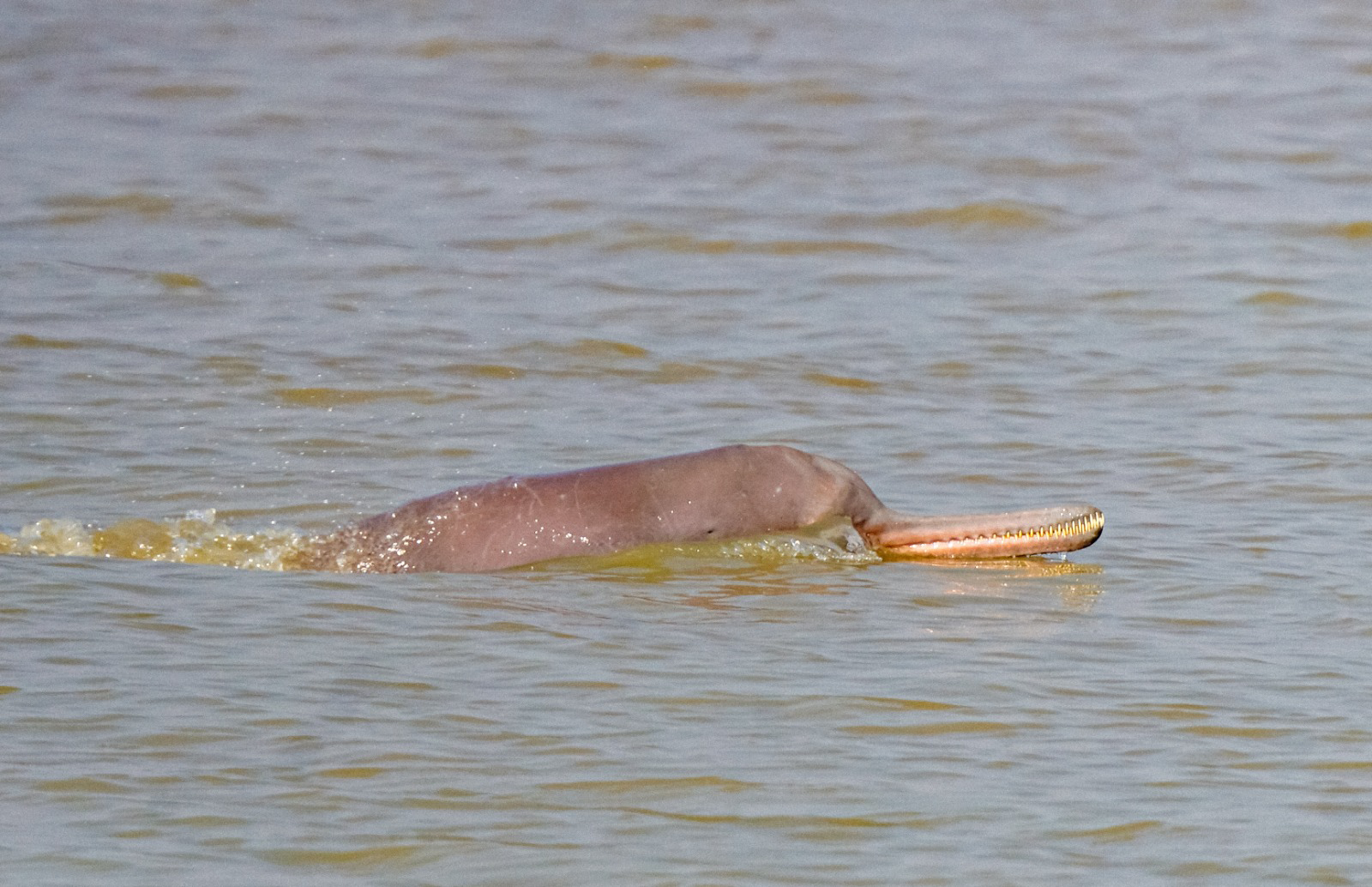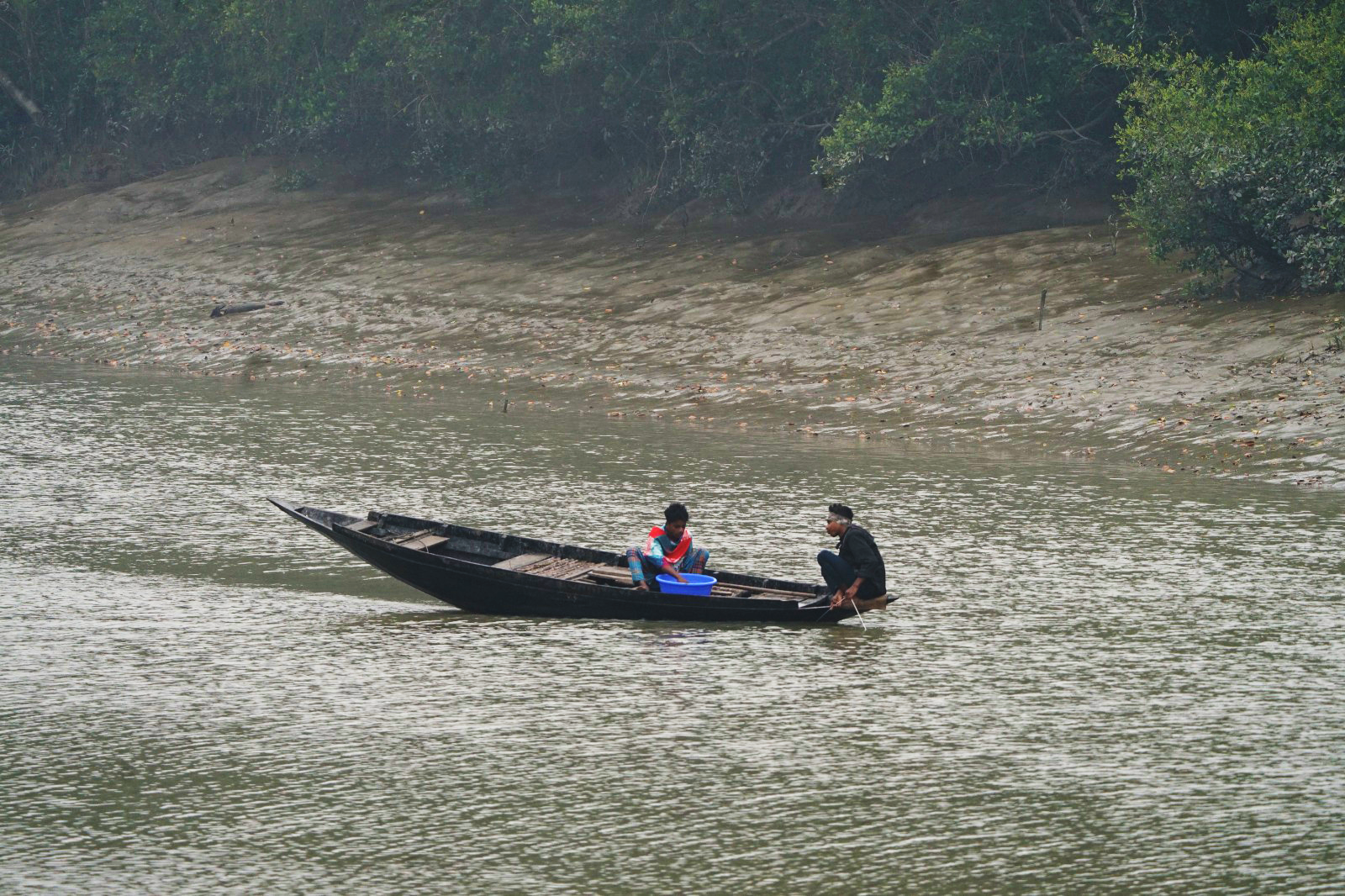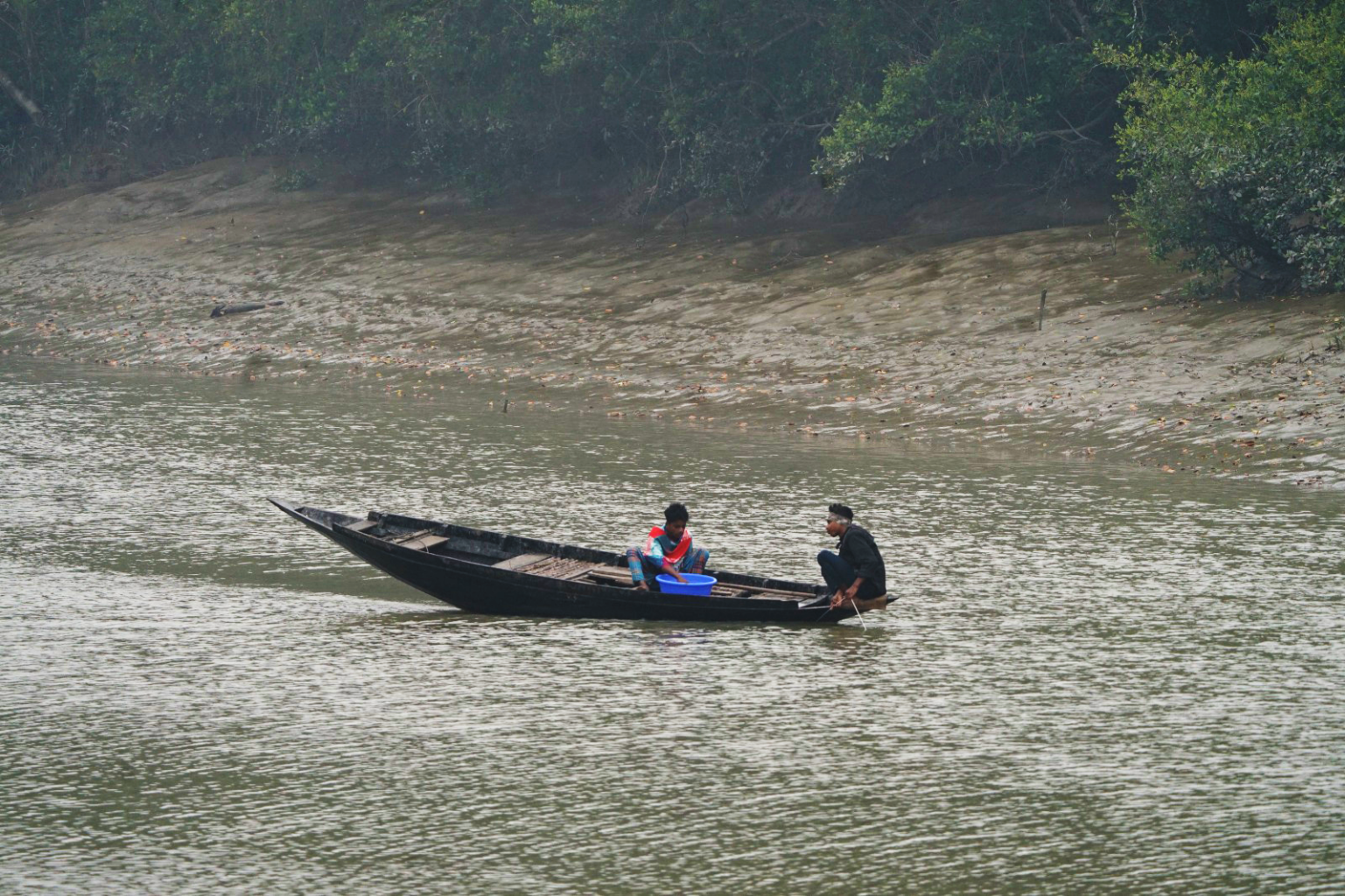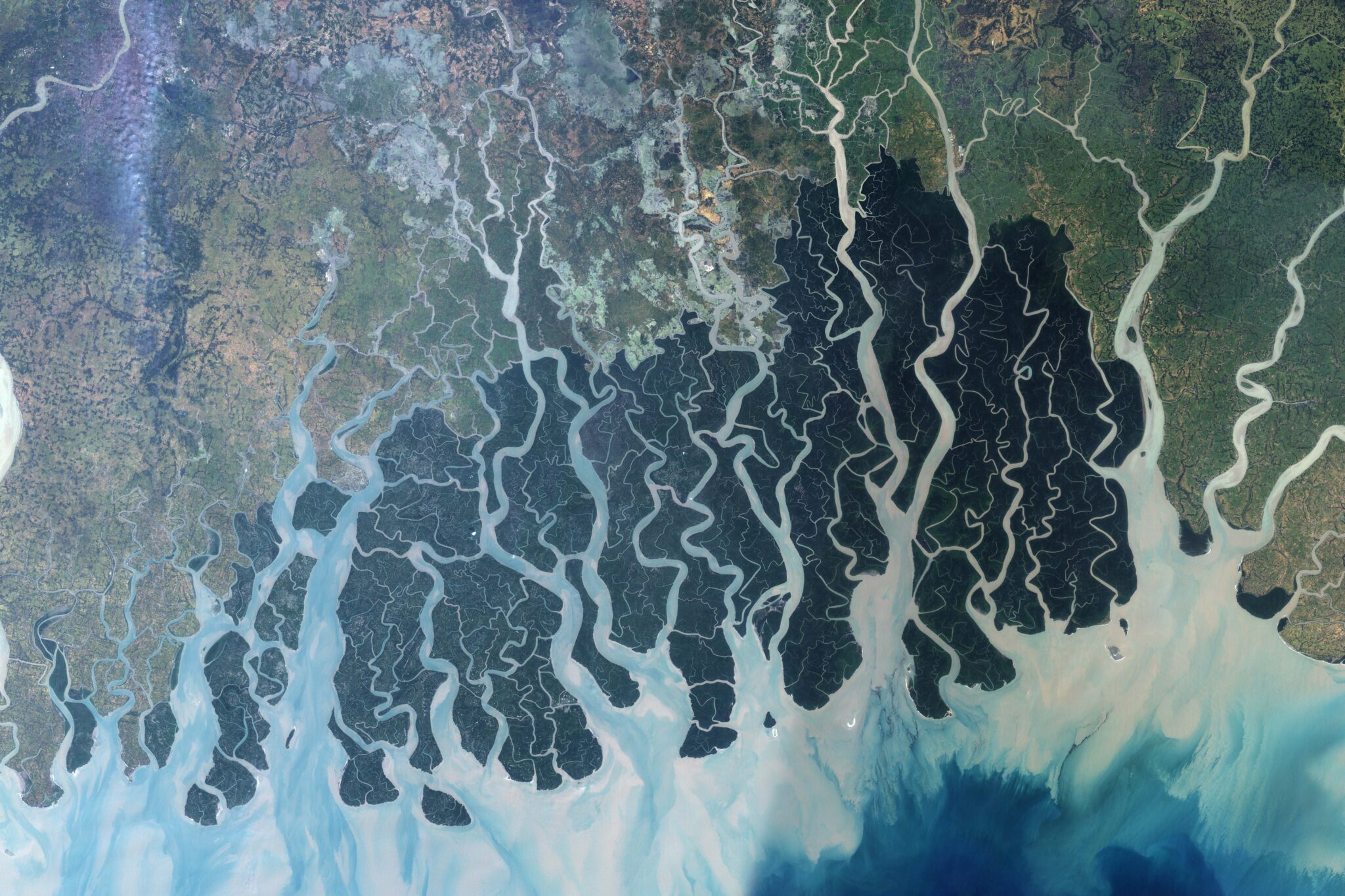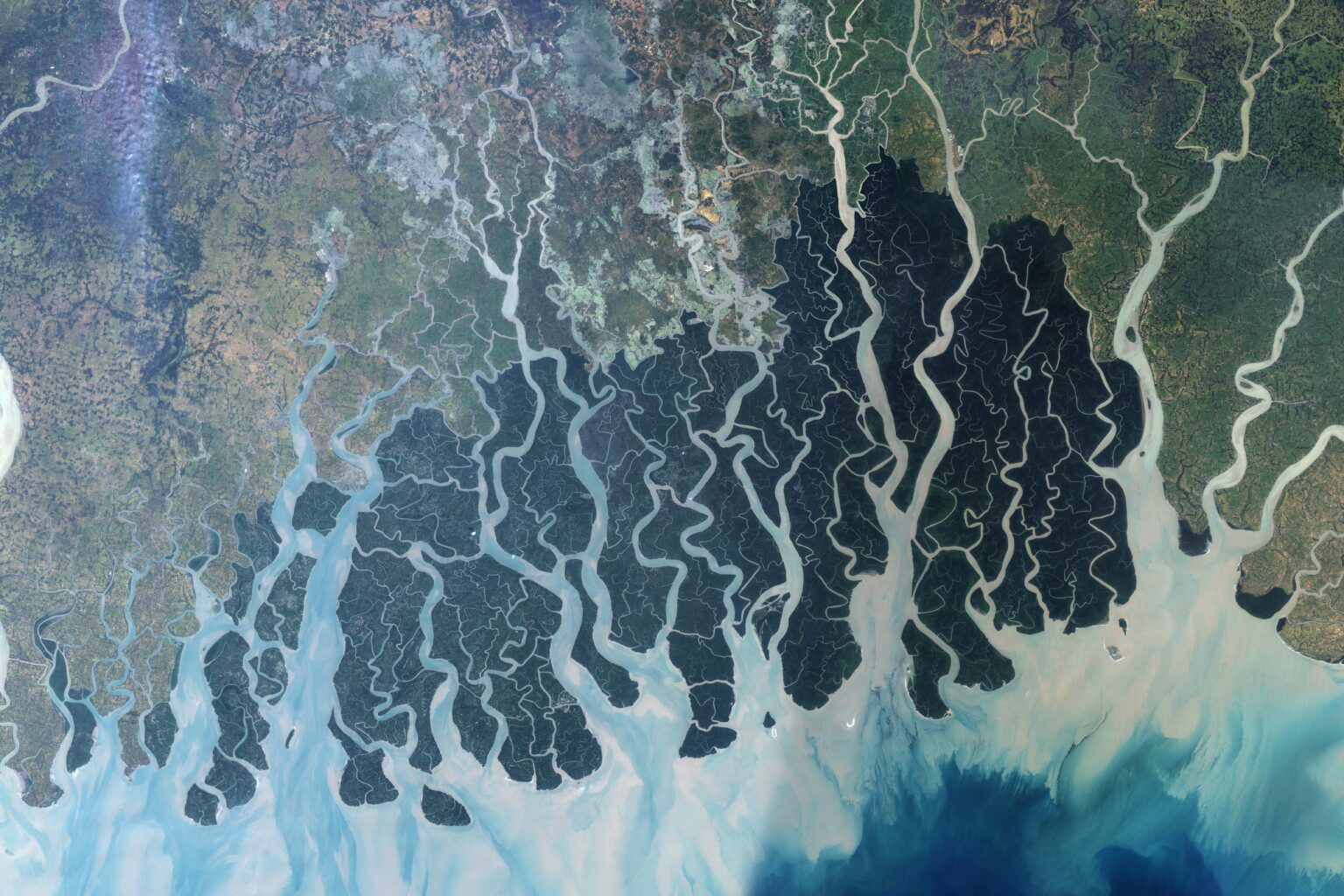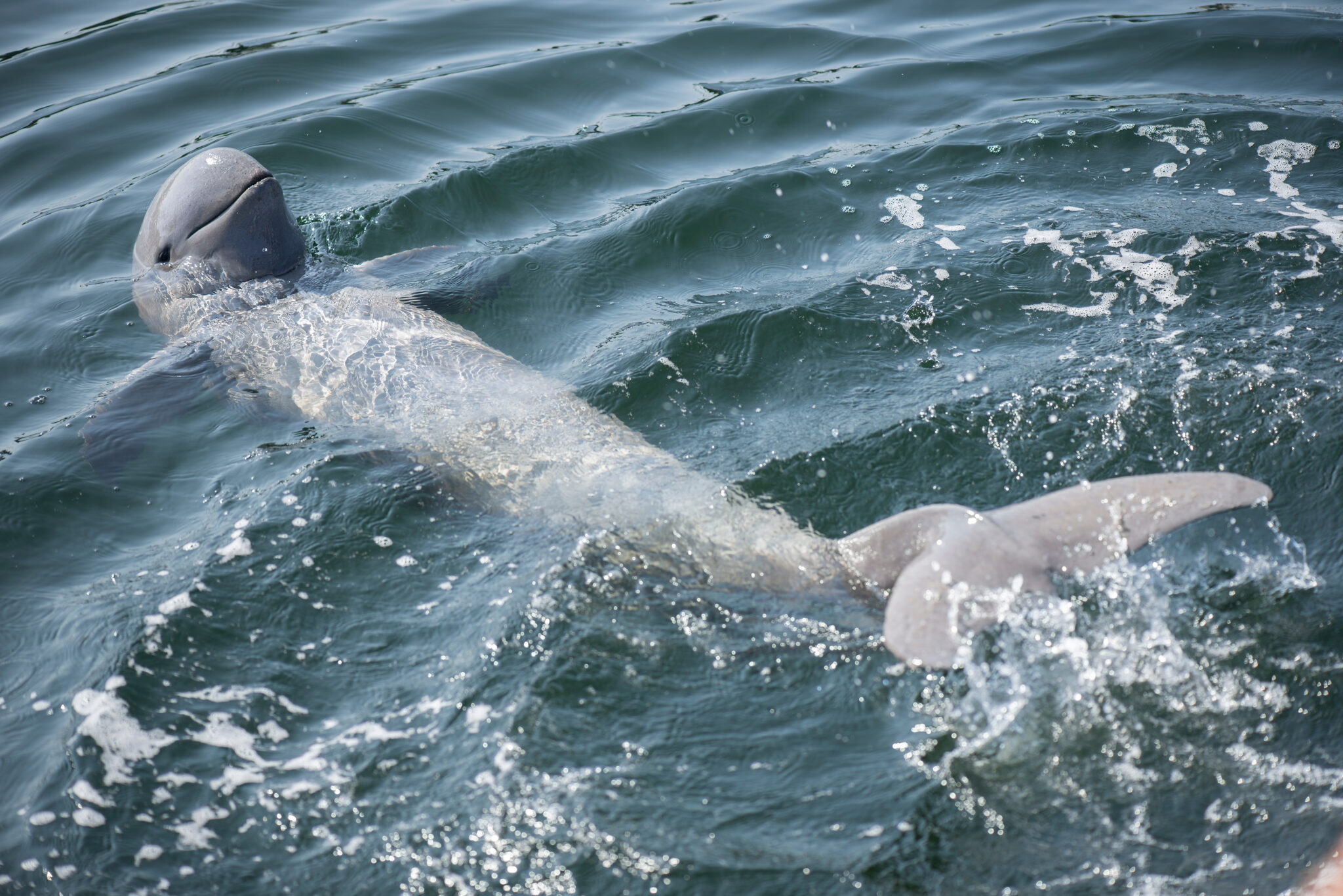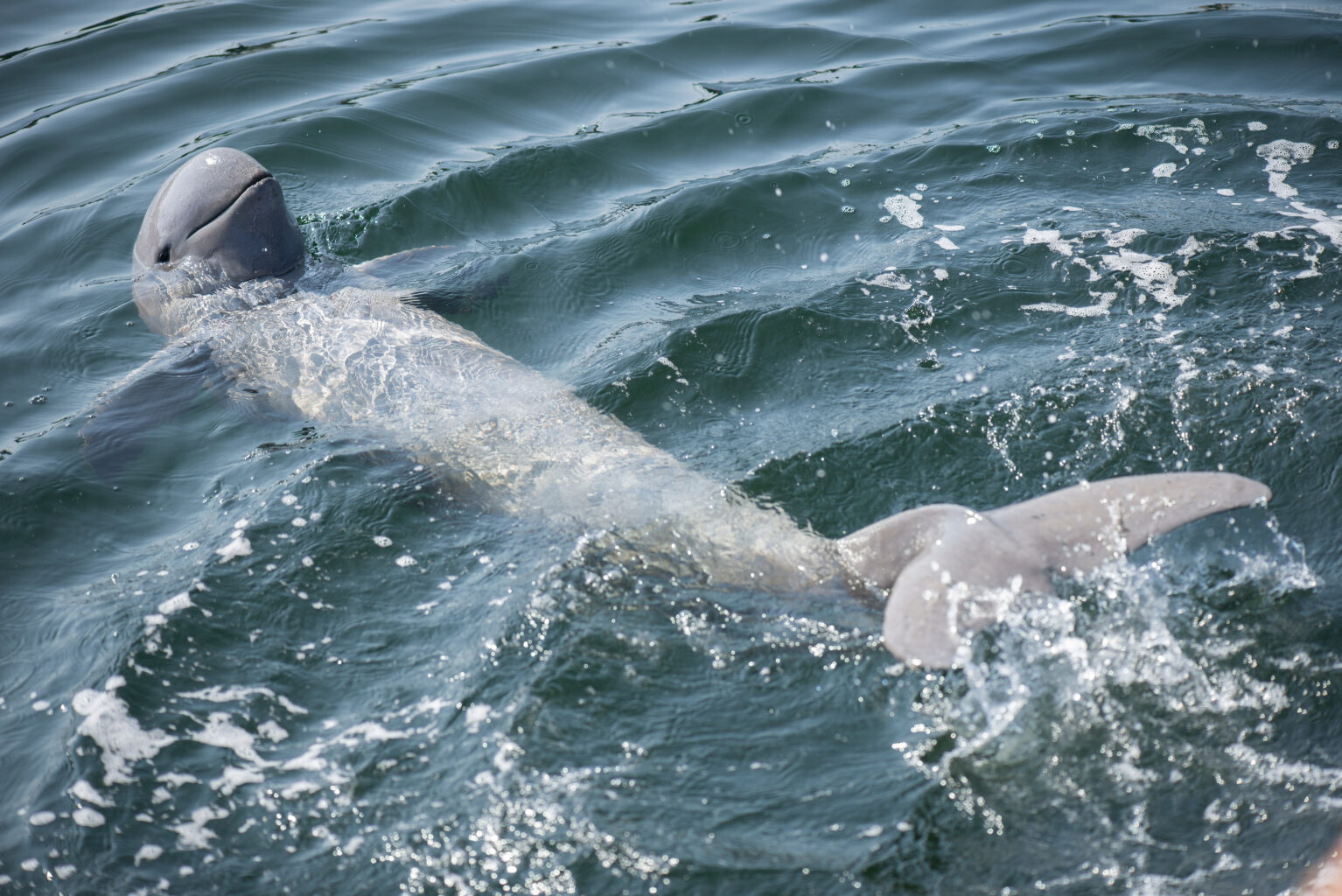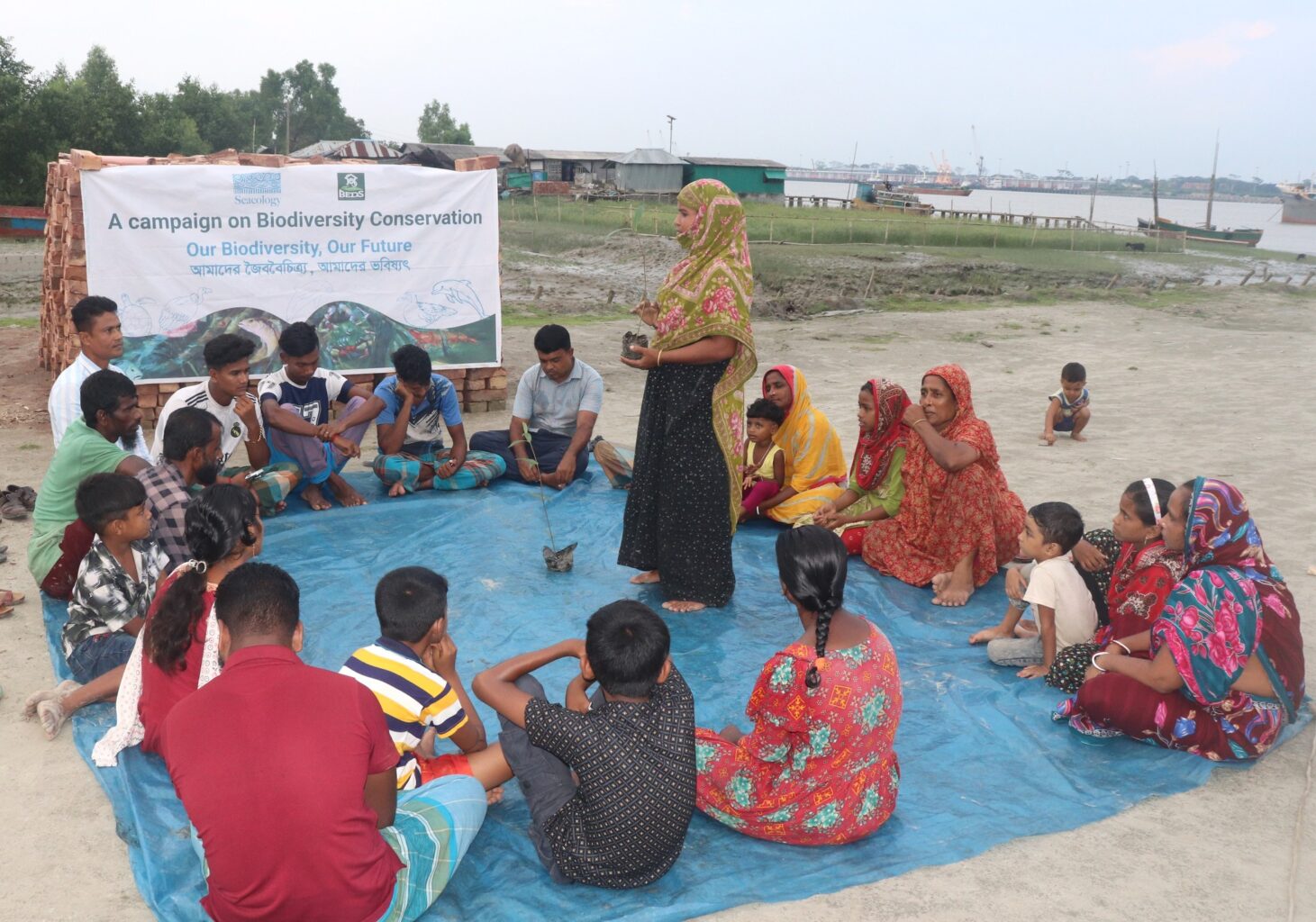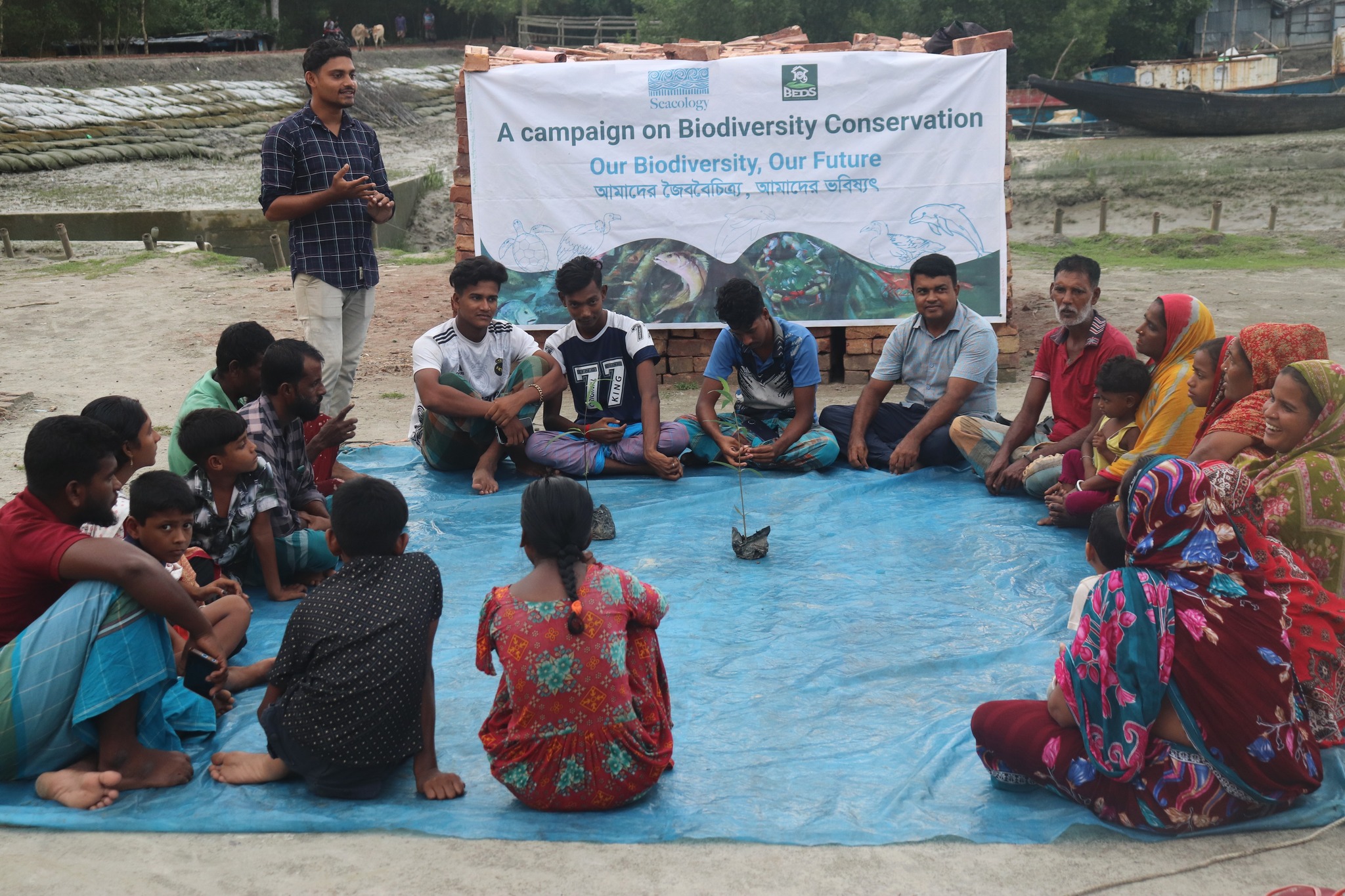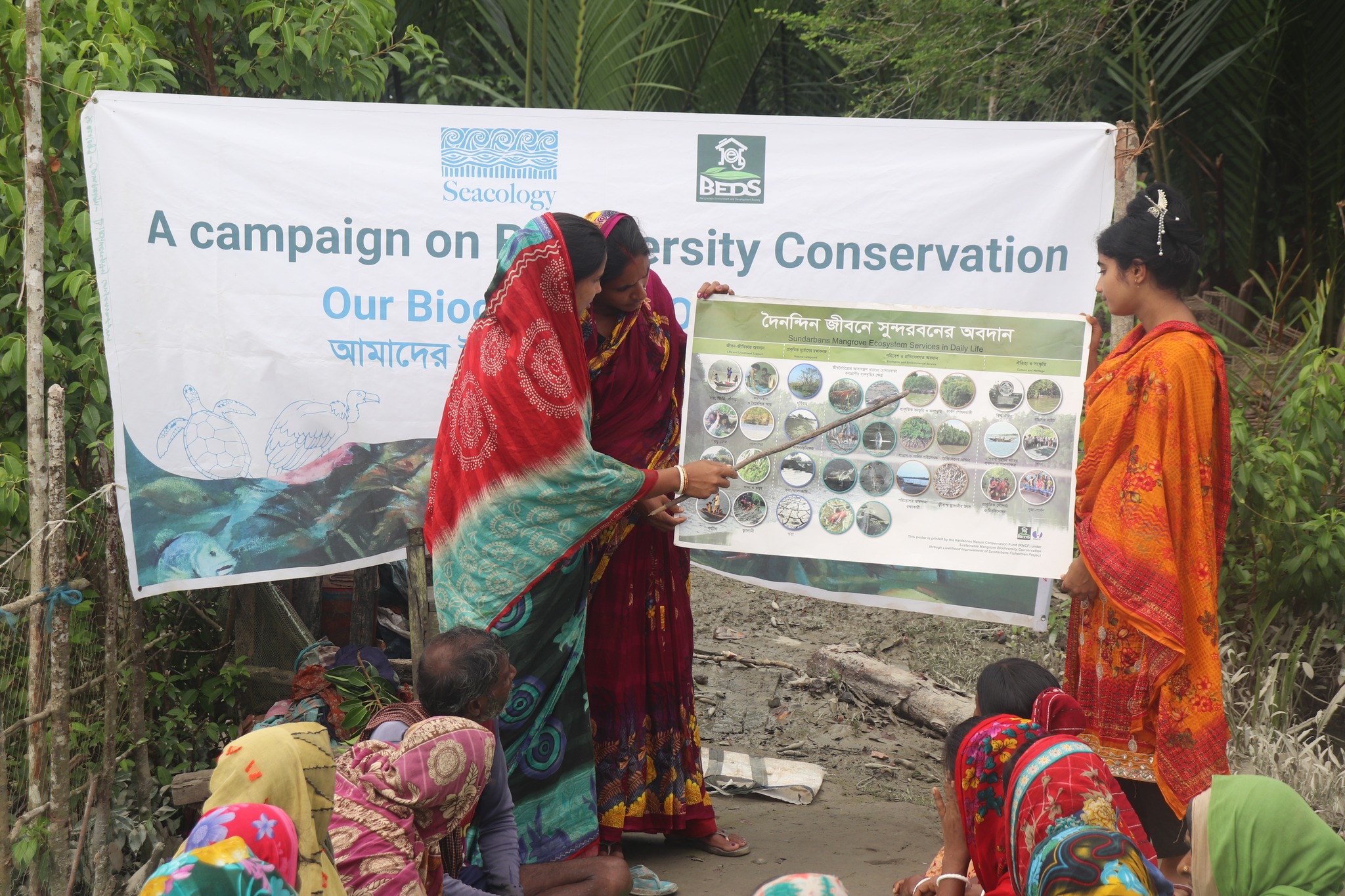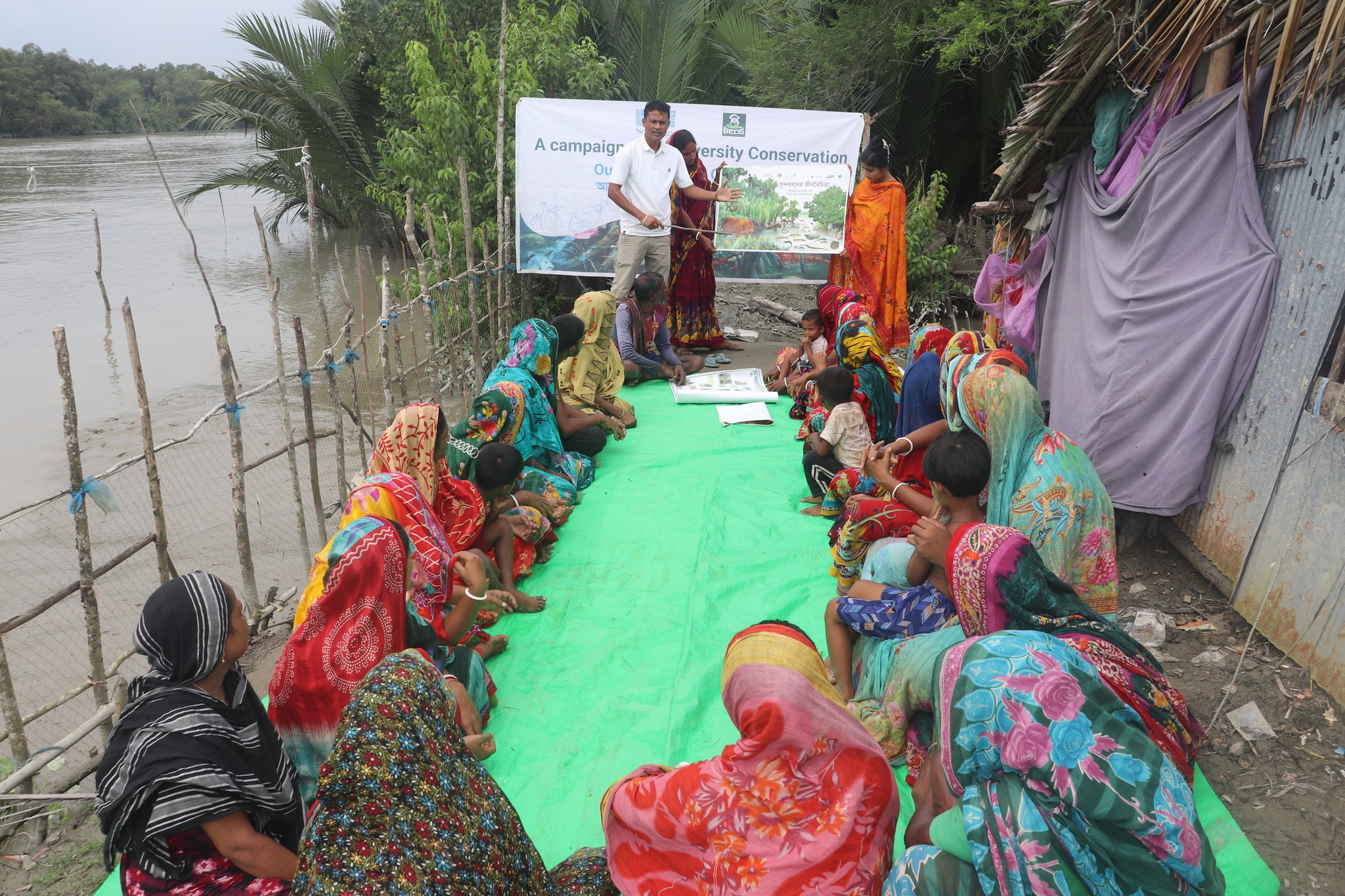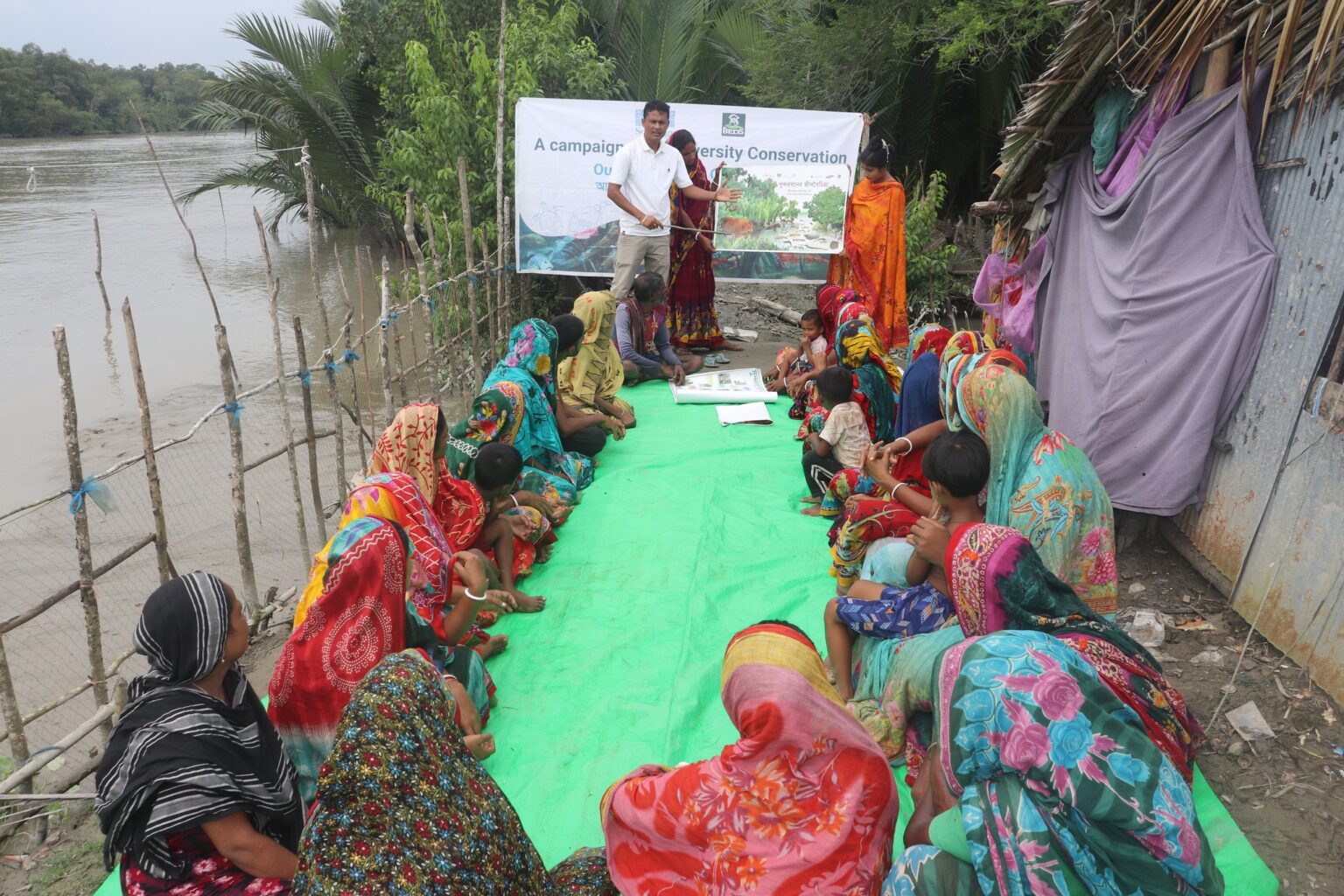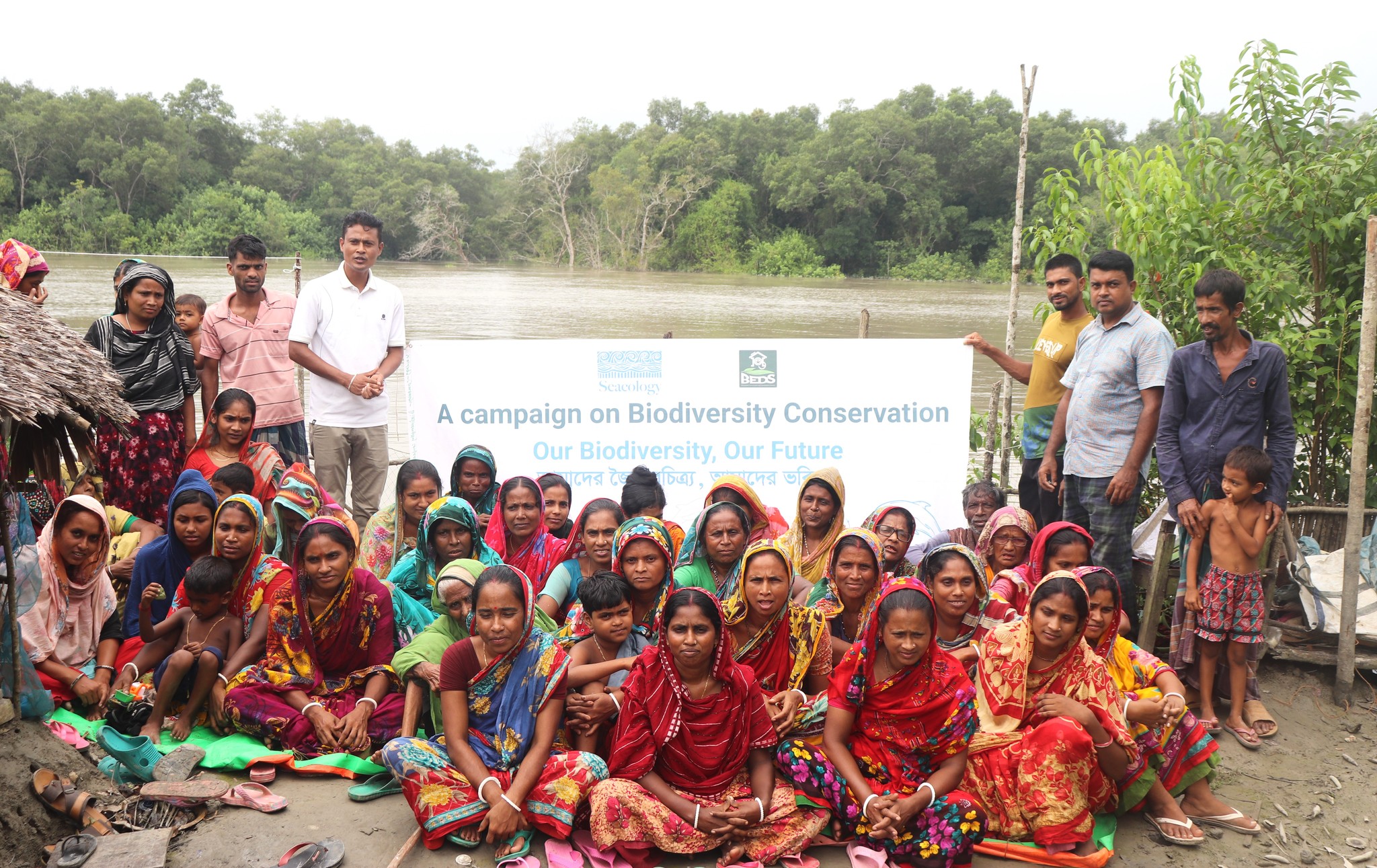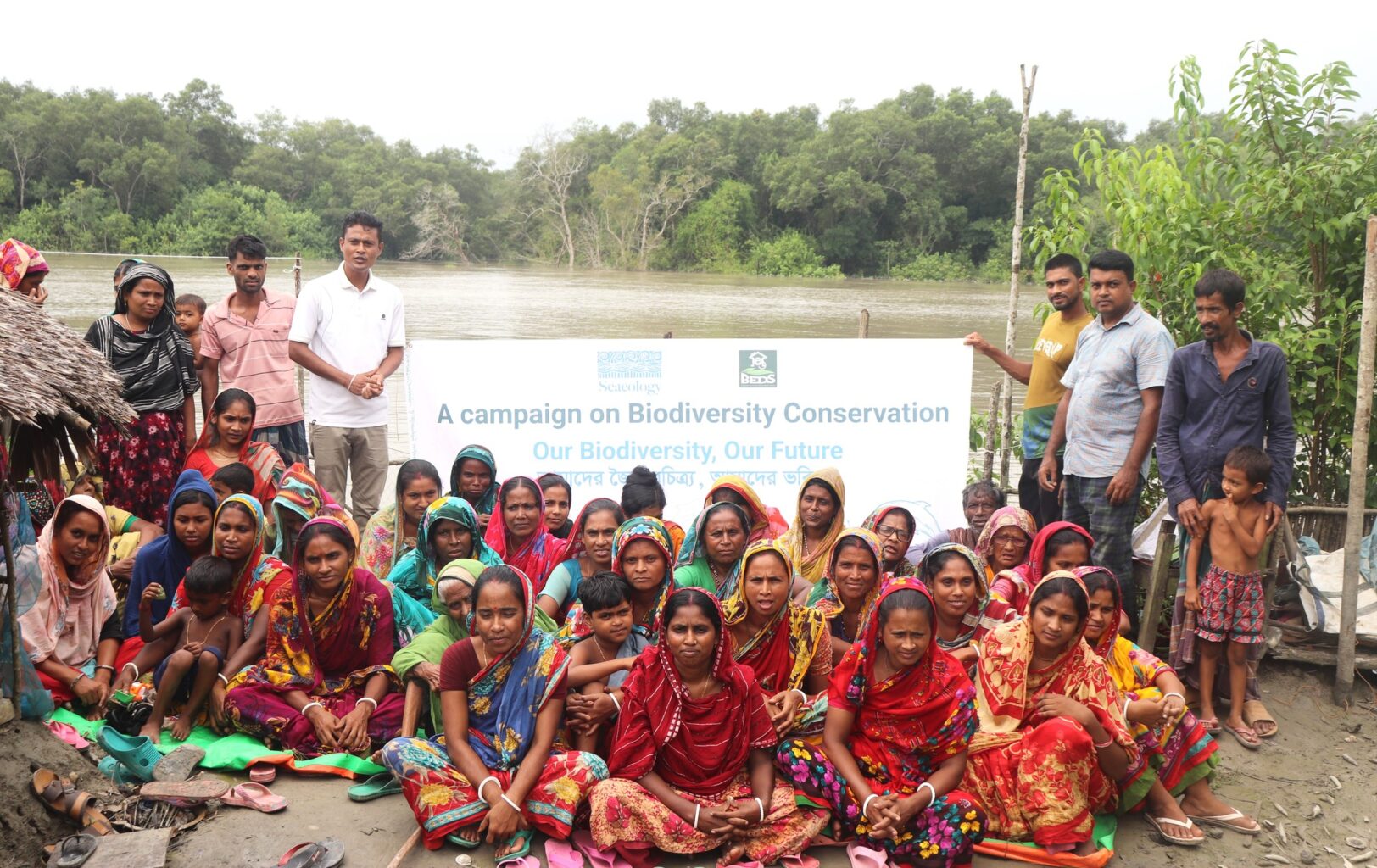The Sundarbans is the largest mangrove forest in the world, covering thousands of square miles. Its ecological benefits are also supersized: immense carbon sequestration, abundant wildlife habitat, storm and erosion mitigation, and more. There are 260 species of birds. The Royal Bengal tiger, river terrapin, estuarine crocodile, olive ridley marine turtle, and many more endangered species call the Sundarbans home.
Most people there have no jobs and must rely on fishing and foraging. Impoverished and with limited information, many fish with poison and illegal fine-mesh nets, and collect mangrove seeds for fuel. The nets entangle endangered Ganges River and Irrawaddy dolphins, which drown. The nets also catch the prey that the dolphins need to survive. Poisoned fish sicken or kill the animals that eat them, including turtles, otters, fishing cats, crocodiles, and vultures.
To address harmful practices and provide alternatives, this project on Polder 33 Island will:
- Educate fishers about the consequences of poison fishing—for example, that in addition to killing aquatic animals indiscriminately, it reduces the vulture population, which can lead to big increases in human illness.
- Raise awareness about dolphins. According to a Mongabay article, fishers may not realize when dolphins get tangled in their nets, or not know what action to take.
- Train community members to patrol the 840-acre dolphin sanctuary in the Dhangmari River.
- Help 50 households with vegetable gardening, homestead fish farming, and poultry raising, by providing native seeds, organic fertilizers, and fingerlings.
- Help 100 more households produce and market mangrove-based honey, pickles, molasses, and tea—a proven way to reduce poverty.
- Give 100 households solar lights (especially helpful for children’s studies) and improved cooking stoves, to reduce the need to collect wood from mangroves for fuel.
- Install a water purification and storage system to filter brackish groundwater.
Our project partner, Bangladesh Environment and Development Society, received an Equator Award for its work in the Sundarbans.



